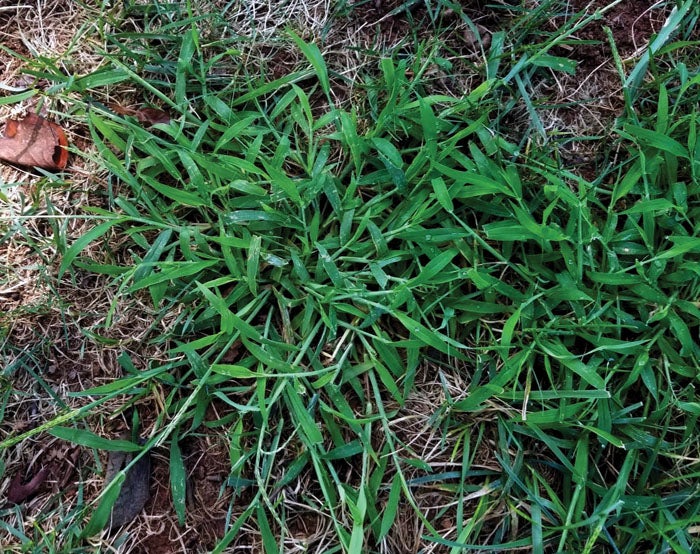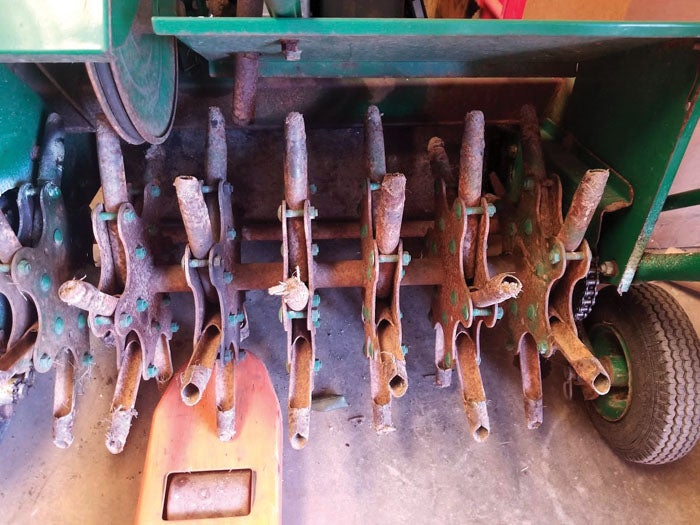Darrell Blackwelder: Questions about grass and shrubs
Published 12:00 am Saturday, September 23, 2023
We’ve experienced usual late summer weather with extremely hot weather followed by scattered showers in the evenings earlier this week. Many have questions about lawns and landscapes. Below are a few questions from Rowan County residents.
Question: My shrubs have grown quite a bit over the past few weeks with the recent rainfall. Can I prune them back now?
Answer: Yes, light, judicious pruning can occur all during the year, however, avoid pruning spring flowering shrubs such as forsythia, azaleas and rhododendron. If you prune these now you will eliminate many of your spring flowers. Prune these flowering shrubs in the spring just after bloom. Wait until early spring to severely prune holly or boxwood to avoid possible winter damage. Ironically, maple and birch trees should be pruned now while they have leaves to avoid excessive bleeding.
Question: Should I core-aerate my yard this month?
Answer: Yes. September is the perfect time to core-aerate your fescue lawn. Using this tool is probably the best method of getting fertilizer into the root zone. It also gives tight clay soils pore space necessary for root growth and expansion. Coring allows fertilizer and seed to penetrate without plowing. Don’t forget to add straw mulch to conserve moisture.
Question: Do I really need to apply straw mulch if I have plenty of water?
Answer: Yes, research has proven that cool season fescue germinates quicker and stronger with some type of mulch to hold moisture. Apply clean, wheat straw as a mulch to cover bare ground areas. Wheat straw mulch holds moisture, allowing seed to germinate quickly. Gently shake one to two bales of straw per 1000 square feet. Be careful not to apply too much straw. After application you should be able to see the bare ground through the mulch. Over-mulching produces thin, weak stands of turf.
Question: Crabgrass has completely taken over my lawn. What’s the best way to get rid of this grass before planting fescue in a few weeks?
Answer: Roundup (glyphosate products) will control this grass and other weeds. If you only have crabgrass you can use herbicide blends that contains diquat that will control the annual weed. It’s cheaper and works almost immediately. However, most lawns will have both Bermuda and crabgrass. If this is your situation, glyphosate is recommended to eliminate all your weed problems.
Darrell Blackwelder is the retired horticulture agent and director with the North Carolina Cooperative Extension Service in Rowan County. Contact him at deblackw@ncsu.edu.





